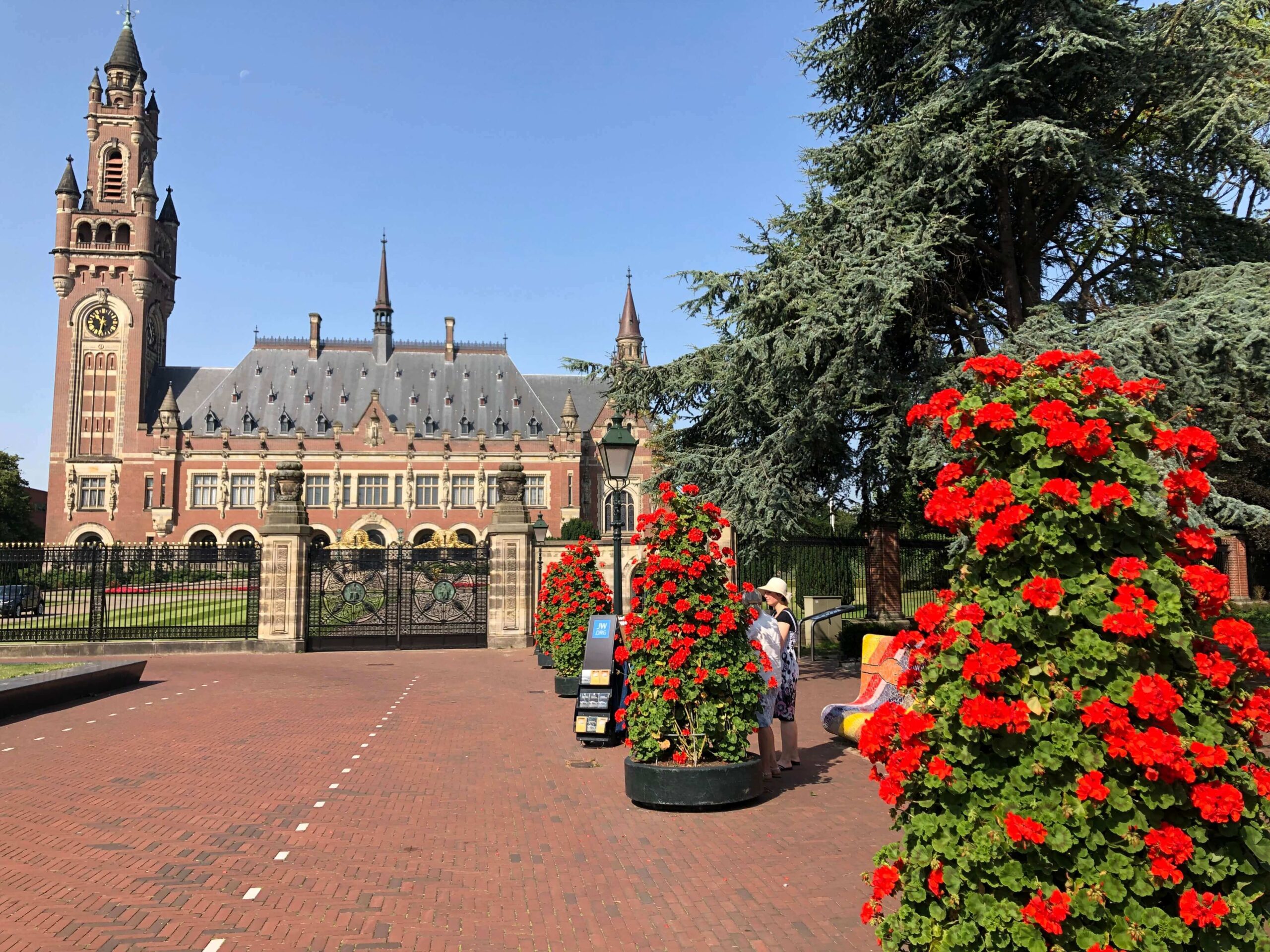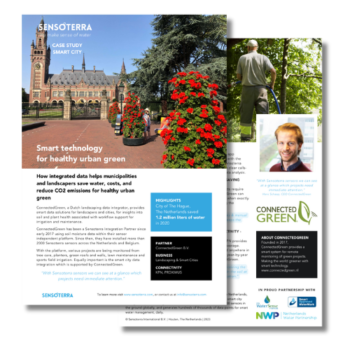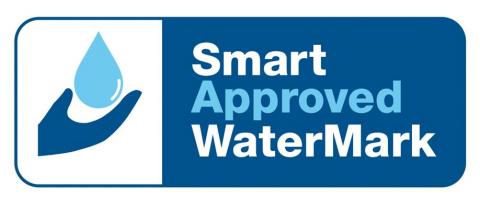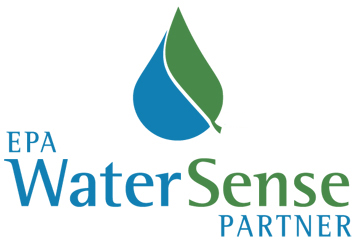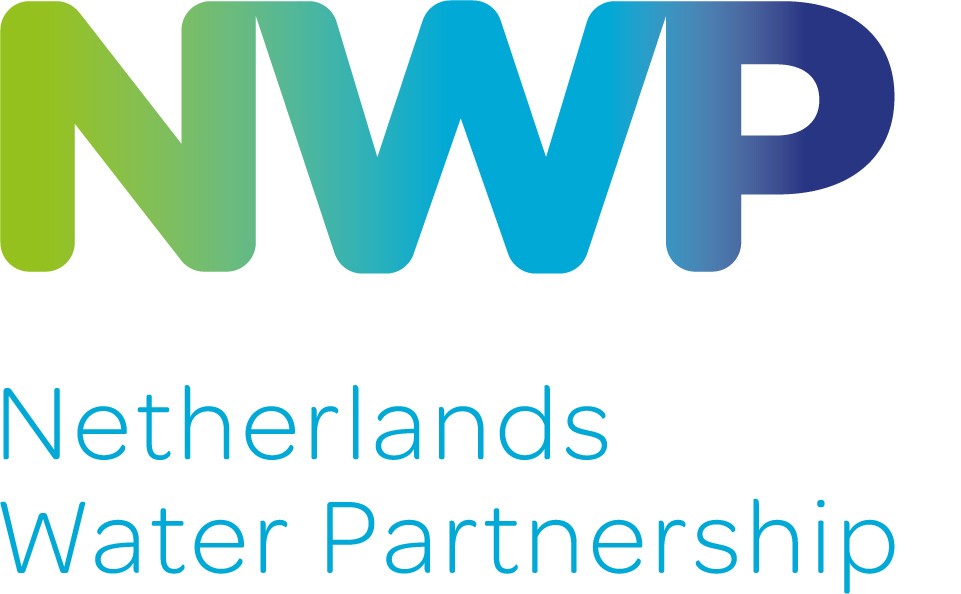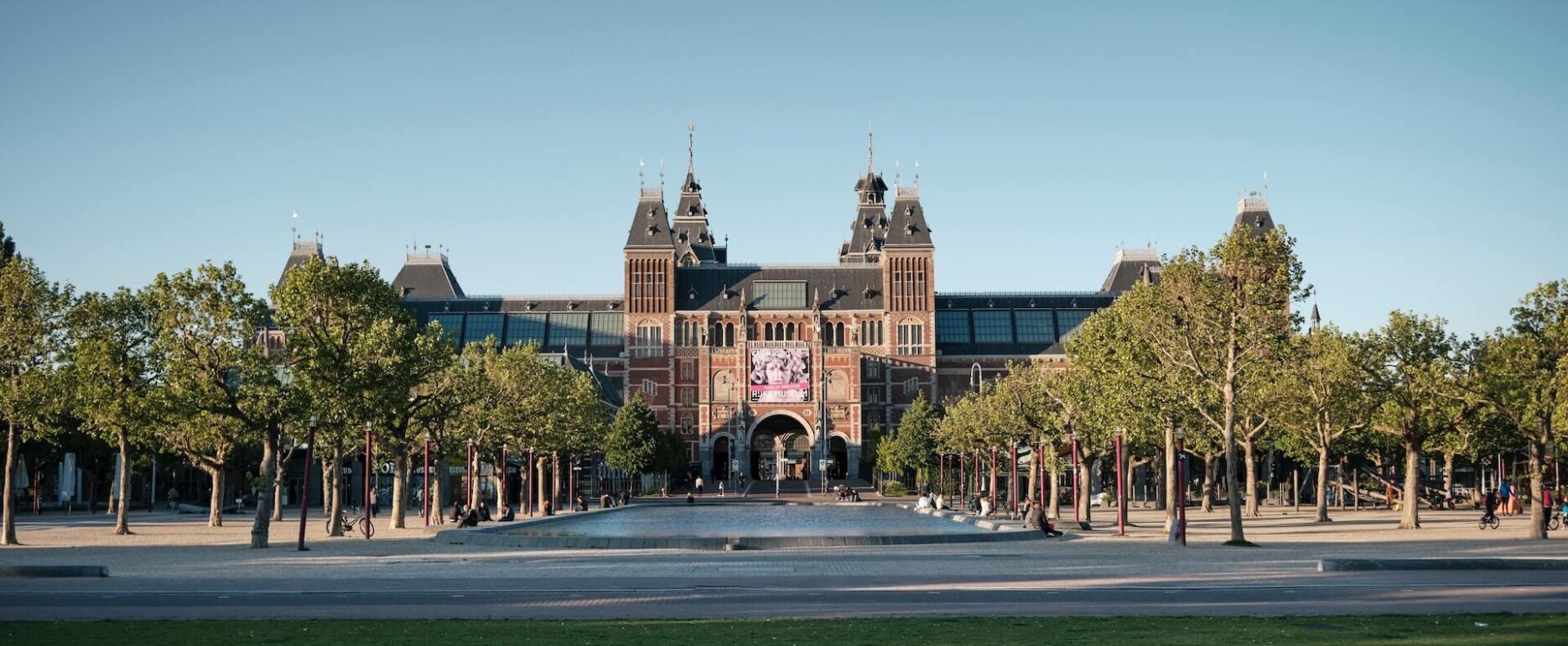Save Water, Money, and Reduce CO2 with Integrated Data: Healthy Urban Green Spaces
ConnectedGreen, a Dutch landscaping data integrator, offers smart data solutions to cities and landscapers. These solutions provide valuable insights into soil and plant health, along with workflow support for watering and maintenance.
Since becoming a Sensoterra Integration Partner in early 2017, ConnectedGreen has successfully integrated soil moisture data from over 2000 Sensoterra sensors across the Netherlands and Belgium. The platform enables monitoring of various projects, including tree care, planters, green roofs and walls, lawn maintenance, and sports field irrigation. Additionally, ConnectedGreen supports Smart City data integration.
“Sensoterra sensors and the ConnectedGreen platform are a super strong combination. Just install the probes, log in to ConnectedGreen, and monitor your projects from anywhere”
Hans Schaap, ConnectedGreen
The Solution
ConnectedGreen collaborates with multiple landscaping companies and serves almost a third of all municipalities in the Netherlands. Their projects span city centers like Zwolle, Tilburg, Amersfoort, and Amsterdam, encompassing green walls in office buildings, public spaces, parks, private properties, and professional sports fields.
The benefits of using ConnectedGreen and Sensoterra sensors are ample:
- Reduction of tree/plant illness or mortality, leading to lower replacement costs.
- 10-30% reduction in water consumption for irrigation.
- Cost savings due to reduced manual irrigation labor and fewer water truck irrigation rounds.
Positive impact on society, environment, and local communities
- City or landscapers can easily install sensors in irrigated parks, medians, and public sports fields.
- Return on Investment (ROI) achieved within 10 months of installation.
- Healthy urban greenspaces and a significant reduction in wasted water
“With Sensoterra sensors we can see at a glance which projects need immediate attention.”
By integrating Sensoterra soil moisture data with other smart devices, like smart irrigation valves and weather station data, irrigation of public spaces becomes more efficient, ensuring irrigation only when necessary. This leads to a reduction in over-irrigation and provides valuable insights into water consumption and conservation.

